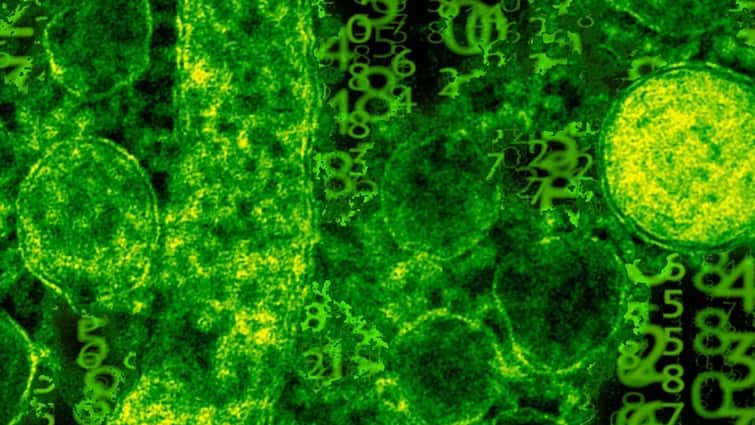Kerala is on high alert following a surge in amoebic meningoencephalitis cases with the state government intensifying preventive measures to curb the spread. Officials confirmed 18 active cases across Thiruvananthapuram, Kollam, Kozhikode, Wayanad and Malappuram. Of these, eight patients are currently undergoing treatment at Kozhikode Medical College Hospital.
The total number of infections reported this year has reached 41. Chief Minister Pinarayi Vijayan has directed local bodies to step up containment measures while Health Minister Veena George announced a statewide sanitation campaign under the banner “Water is Life” (Jalaman Jeevan), scheduled for August 30 and 31.
The initiative, part of the Waste-Free New Kerala mission, will be jointly implemented by the Health Department, Haritha Keralam Mission and Water Resources Department, with the support of schools and community health workers.
What Is Amoebic Meningoencephalitis?
Amoebic meningoencephalitis is a rare but often fatal brain infection caused by free-living amoebae such as Naegleria fowleri and Sappinia pedata. These organisms thrive in warm freshwater and typically infect individuals when contaminated water enters through the nose during swimming or bathing.
The disease appears in two forms: Primary Amoebic Meningoencephalitis (PAM), which progresses rapidly and is almost always fatal, and Granulomatous Amoebic Encephalitis (GAE), which develops more slowly but remains life-threatening. Symptoms include fever, headache, nausea, seizures, confusion and rapid neurological decline, often leading to coma and death within days.
Health authorities have urged the public to remain vigilant and avoid swimming in unsafe water bodies until further notice.
Preventive Measures Outlined
- Chlorination of wells and disinfection of water tanks in homes, schools, hospitals, hostels, and residential complexes.
- Mandatory chlorine level checks at swimming pools, resorts, and water parks; violators will face action under the Public Health Act.
- Cleaning of public ponds and lakes, along with blocking waste channels leading into them.
- Warning boards to be placed near water bodies where amoeba has been detected.
- Doxycycline tablets advised for those entering water bodies as a preventive measure against leptospirosis.
- Awareness programmes will also be rolled out in schools after Onam vacation to educate students and teachers on water hygiene and infection prevention. Local governments will conduct follow-up inspections of nearby water sources.


)
